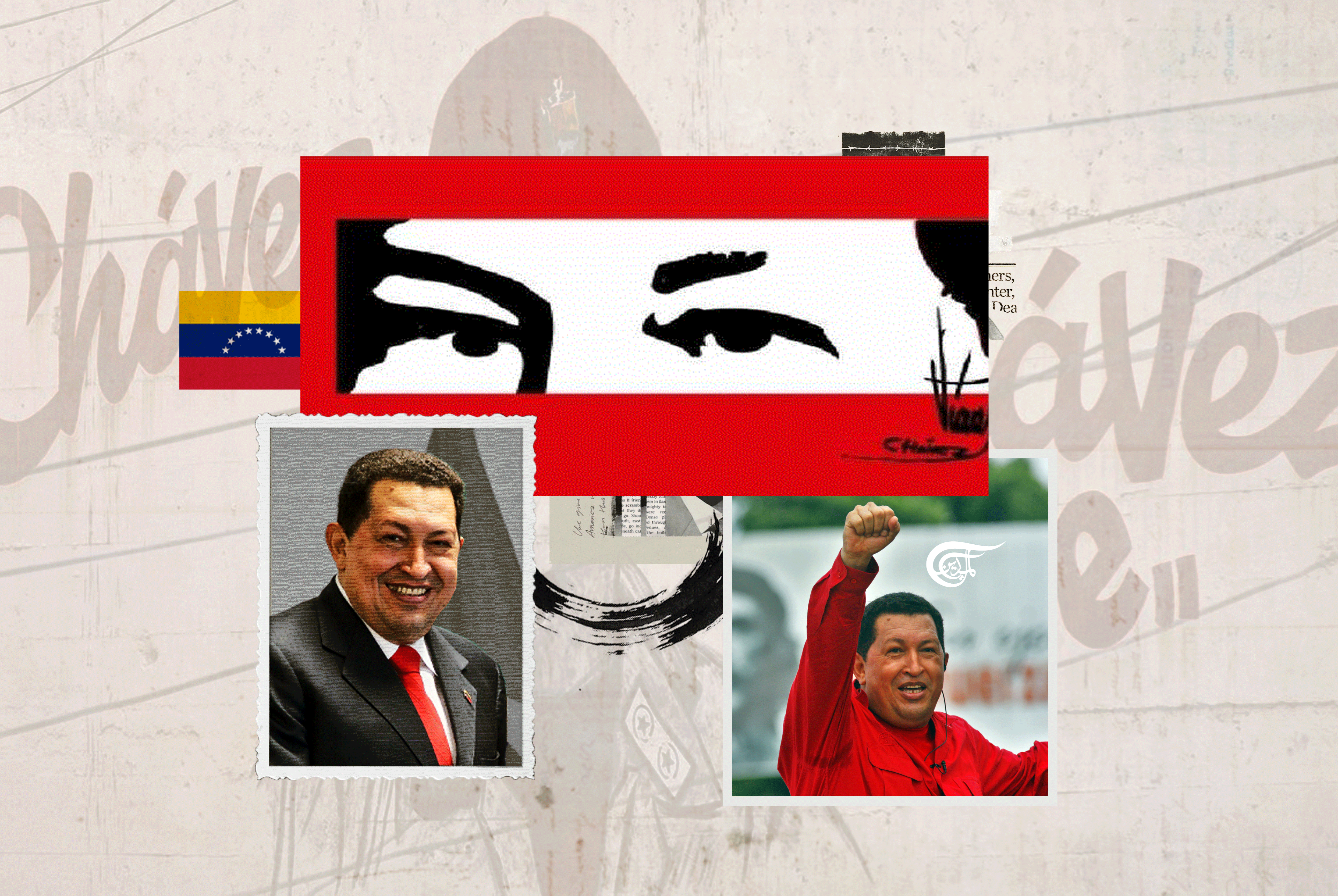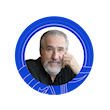Chávez as a living myth
Chávez produced a revolution that forever changed the minds of our people.
On March 5, 2023, people all over Latin America and the Caribbean, as well as in many parts of the world, commemorated the tenth anniversary of the physical disappearance of Hugo Chávez Frías. This is a good time to ask ourselves what legacy this exceptional figure left. It might seem that we are exaggerating when describing him with the word, “exceptional”; But, Chávez fully deserves it. He is a watershed, not only in the history of Venezuela and all of Latin America, but a figure that was projected beyond those borders until he became a figure of international gravitation in Africa, the Middle East, the Arab world, and even many Asian countries. In our opinion, his accomplishments place the Venezuelan leader along with Fidel as the two political figures who irreversibly modified the political and social landscape of the region.
With a huge dose of intellectual wisdom and political audacity at the end of the past century, Chávez rescued Bolívar from the harmless pantheon confined by the official history of his country and, to everyone's amazement, turned the early nineteenth-century hero into an irresistible political force. Paraphrasing Antonio Gramsci: Chávez built a "living myth" endowed with a formidable expansive capacity that in a couple of years made his name become the rallying cry of the unredeemed masses of Latin America and the Caribbean. The timing couldn't be more opportune. In those years, popular parties and movements were waging an all-out battle to stop the imminent approval of the American-sponsored FTTA, the Free Trade Area of the Americas, which would have meant, as Martí warned, the unwritten but irreversible economic and political annexation of LAC to the United States.
An acute observer of his time, Chávez realized that the so-called Fourth Republic of Venezuela was a political corpse. At first, he thought that a military rebellion, in line with others of a progressive nature, such as those led by Velasco Alvarado in Peru, Juan José Torres in Bolivia, and Omar Torrijos in Panama, could be the ideal way to lay on the deep foundations of the Venezuelan democracy. He made the attempt with the rebellion of February 4, 1992, rapidly crushed by the Carlos Andrés Pérez government. He paid the price with imprisonment for his defiance. But he knew that with his gesture, and above all with his brief but powerful televised speech acknowledging the failure of the rebellion, he put an end to the lethargy of his people. The rebellion, as he said in that speech, “for now” [por ahora] had been defeated. But he knew too well that these people were already getting ready to fight the coming battles summoned by Bolívar, now reincarnated in the bodies and souls of millions of Venezuelans who took to the streets to install Chávez in the Palace of Miraflores in the landslide election of December 1998. And when the conspiracy of imperialism and its local pawns wanted to oust Chávez with the military coup of April 11, 2002, two days later, a never seen before popular mobilization blew up the gloomy emissaries of the past and reinstated Commander Chávez in the presidency.
The ten years that have elapsed since his death provide sufficient perspective to assess the scope of Chávez's legacy. The economic and social advances experienced by the Venezuelan people, today attacked with ferocious savagery by American debauchery and the infamy of their local lieutenants, were important but not the essential component of his heritage. In our opinion, what is fundamental is the fact that Chávez produced a revolution in the consciences that forever changed the minds of our peoples, inside and outside Venezuela. And this is a much more significant and lasting achievement than any economic benefit. Without it, and without the firm leadership of President Nicolás Maduro as a consummate "storm pilot" in hard times, Venezuela would have succumbed to the "full-spectrum war" declared by Barack Obama, when, on March 9, 2015, he issued an infamous executive order by which it declared the Bolivarian government as an "unusual and extraordinary threat to the national security and foreign policy of the United States." A war that was exacerbated when Donald Trump arrived at the White House and went to ridiculous – and criminal – extremes, such as appointing an unknown and mediocre politician, Juan Guaidó, as the "president in charge" of Venezuela while redoubling the attacks (economic blockade; diplomatic aggressions; cyberwarfare, etc...) against the homeland of Bolivar and Chavez. This infamous set of policies, intended to produce a “regime change”, continues, along general lines, with Joe Biden, although with some nuances. If the people of Venezuela resisted all these aggressions (and will resist, as Cuba did) is because for almost thirteen years Venezuelans of all walks of life had been educated by Chávez with his Sunday televised program “Hello President!”, raising the consciousness of tens of millions and pointing out what was at stake in the endless struggle against the empire, ready to plunder the immense wealth of their country.
But Chávez's educational preaching was not only a pathbreaking Venezuelan affair; it was also crucial in mobilizing large crowds from all over “Our America”, to use the classic Martian expression, in the decisive battle against the FTAA. Fidel was the great strategist of the campaign against the FTTA but, isolated on the island, he could not do much. He needed a “field marshal” to conduct the war on the ground, and the old Cuban leader found in Chávez the perfect man for the job. The FTTA was defeated and buried in Mar del Plata (Argentina) in November 2005.
Chávez demonstrated his skills as a statesman and strategist when he reinstated the centrality of the anti-imperialist struggles and the necessity of socialism at a time when neoliberalism was rampant without counterweights in this part of the world. In the nineties of the past century, public opinion only heard praises of globalization, the end of history, and the final triumph of free markets and liberal democracy, Chávez successfully strengthened the anti-imperialist sentiment dormant for so many decades. In brief, he rescued the centrality of the unity of our peoples and embodied this ideal in concrete initiatives and institutions such as ALBA, UNASUR, CELAC, Petrocaribe, TeleSUR, the Bank of the South and played a crucial role in the resurrection of OPEC and the strategic opening to the Arab countries. He was a true statesman, one that possessed the magic to make things happen. Chávez was an unstoppable machine for generating proposals and concrete policies for regional unity and self-determination that he became the number one public enemy of Washington. With the scientific evidence now available, we could surely assert that making use of the extraordinary advances in biotechnology, Chávez was killed by a complot orchestrated by the United States government. These technological advances today make it possible to perpetrate a crime and make it appear as the unfortunate outcome of a routine health problem. Something similar had happened to Pablo Neruda, Yasser Arafat, and former Chilean President Eduardo Frei, but after a while, the world learned that their deaths, apparently from "natural causes," were sophisticated political assassinations. The same happened with Chávez, because the empire never forgives its enemies, and sooner rather than later, it mobilizes its formidable resources of all kinds to achieve his “elimination”, a euphemism used by the United States government to avoid talking about "political assassination". That is why today, more than ever, it is necessary to remember Chávez's precious political legacy, not only in Latin America and the Caribbean, but in the global South as well.

 Atilio A. Boron
Atilio A. Boron
 7 Min Read
7 Min Read












